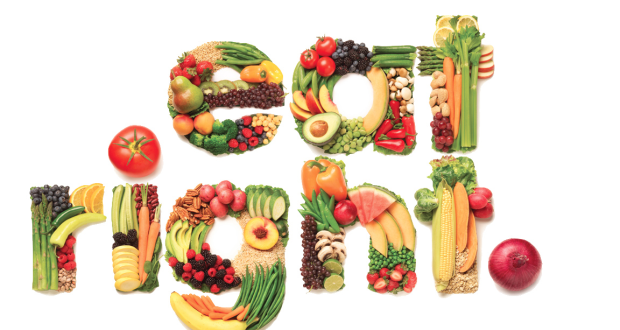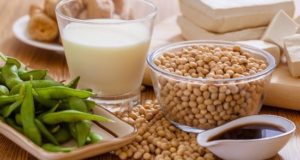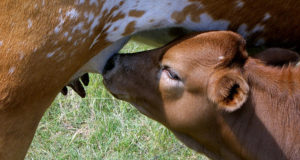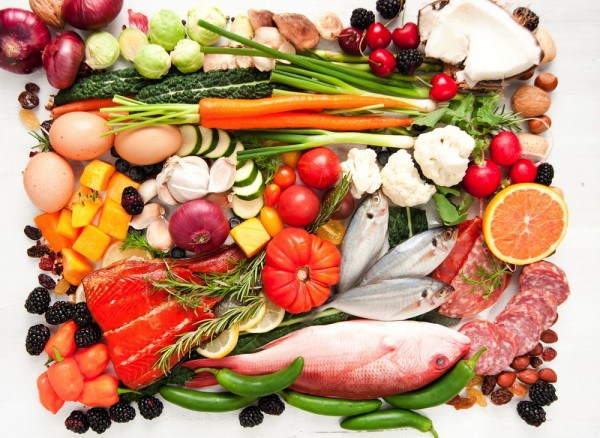
The links between diet and arthritis have been the subject of a lot of talk, but very little conclusive advice can be found on what food is bad for arthritis. The recommendations may differ among different types of arthritis, and for the most part, foods that aggravate arthritis may vary on a case by case basis. In the end, each sufferer from arthritis must be responsible for cutting out foods which make the condition worse.
For most types of arthritis, including osteoarthritis and rheumatoid arthritis, there is no real set of dietary instructions. In the case of gout, a low purine diet is advised, and sufferers should avoid meat, beans and alcohol. There is, however, plenty of unproven advice on the relationship between food and arthritis. Many recommend avoiding foods belonging to the nightshade family, such as tomatoes and peppers. Others recommend cutting down on packaged snack foods and reducing consumption of saturated fats, which often requires cutting down on meat consumption. Some feel better when they remove glutens from their diet, and others when they eliminate dairy products.
While none of these recommendations has been supported by scientific evidence, doctors recognize that an individual may find that certain foods can aggravate arthritis. On an individual basis, these common culprits can be foods to test with to see if elimination improves the condition. For those who suffer from arthritis, figuring out which foods aggravate the problem can take some real work. There are no universals, but certain foods are common aggravators.
The relationship between diet and arthritis can be very individual, but some general recommendations can be made. Maintaining a healthy diet is important, and weight loss can help ease some pain of arthritis. Losing weight can be especially effective in osteoarthritis of the knee. Omega-3 fatty acids can help limit arthritis inflammation. Limiting consumption of fat, cholesterol, sugar, and alcohol is a good idea overall.

Source by Trevor Johnson
 Vitamin Agent The Health & Naturalistic Source
Vitamin Agent The Health & Naturalistic Source





